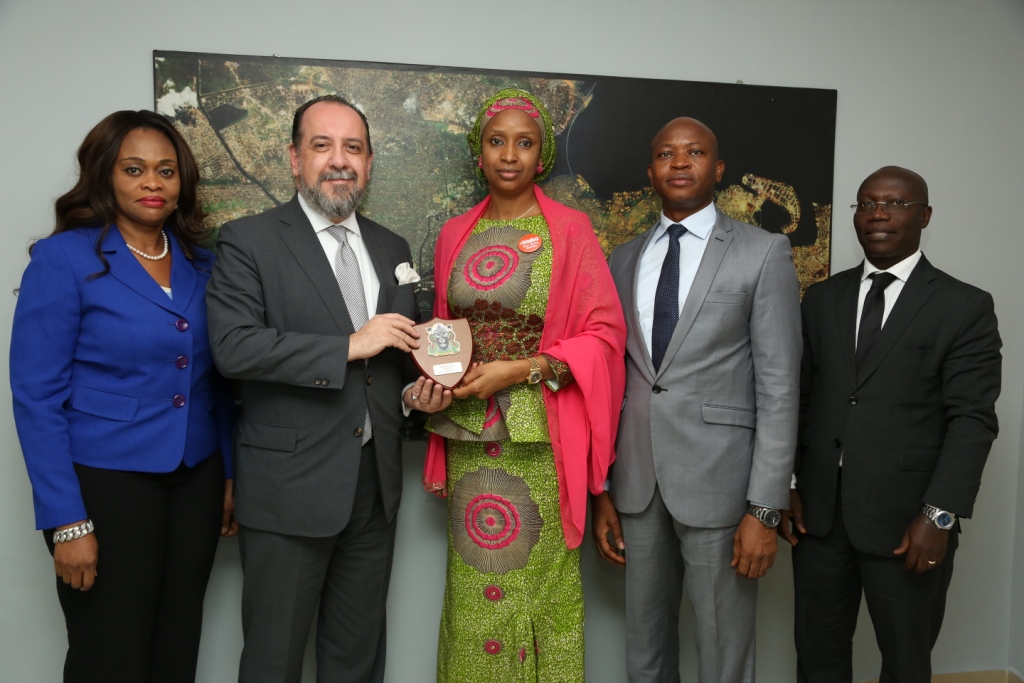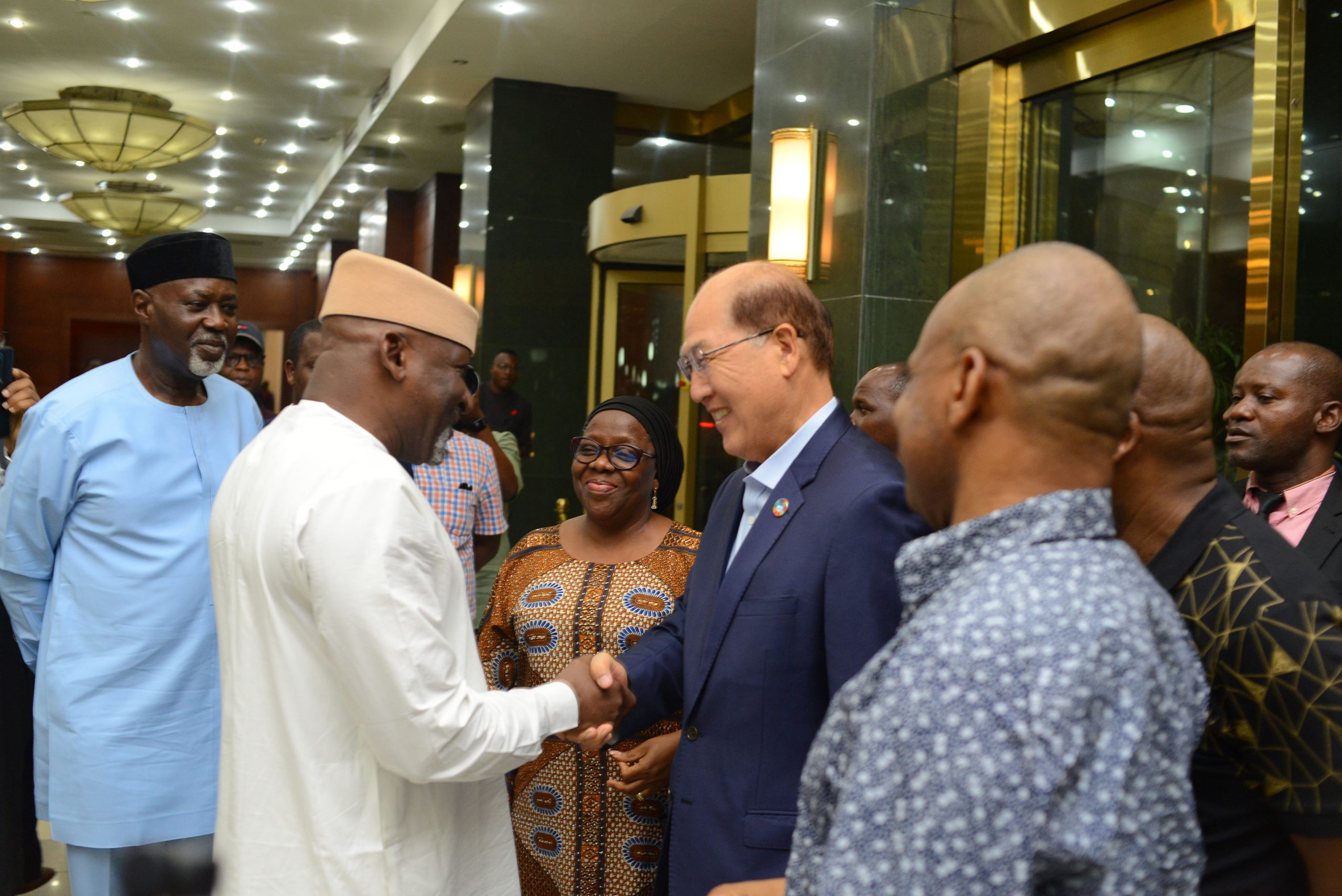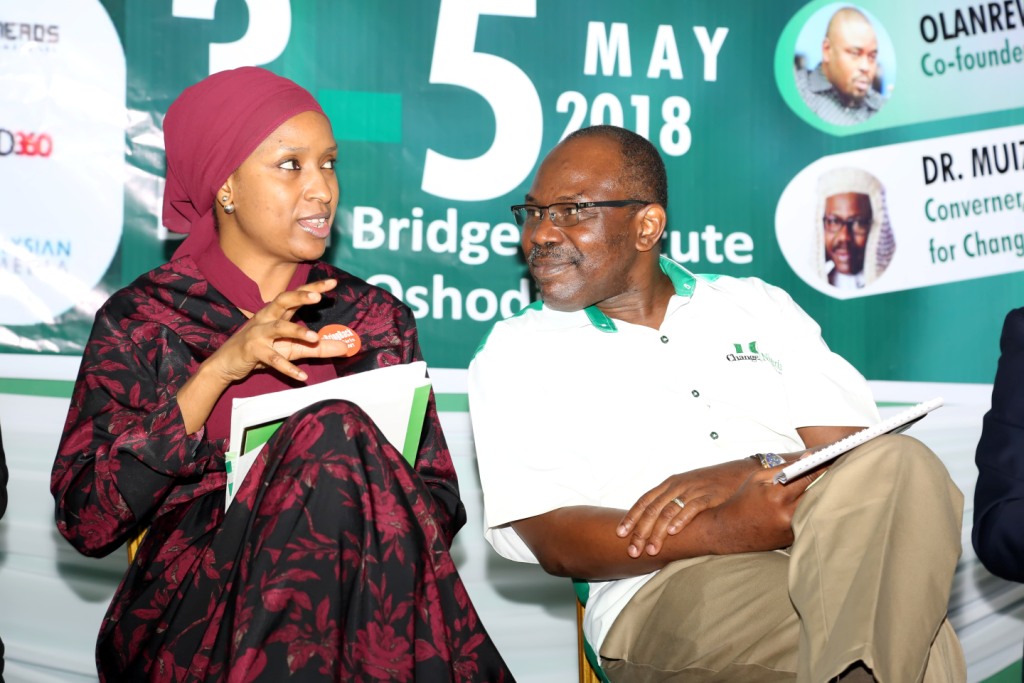Industry pundits have started reviewing the recent threats by the chief executive of Air Peace, Mr. Allen Onyema, to initiate a legal action against the government of Cote d’Ivoire if it doesn’t give the air line the approval to fly into their country by May 22, 2017.
The Nigerian airline seems to be finding it difficult to secure a landing permission in Cote d’Ivoire relying on the provisions of Bilateral Air Service Agreement (BASA) Nigeria had with the country.
But Onyema said his company may be forced to sue the Cote d’Ivoire government by May 22, 2017, if it fails to grant it the approval to operate into Abidjan having met all the conditions spelt out for it by its Ivorien CAA.
“I will go ahead with the threat to sue Cote d’Ivoire government if they don’t give us the approval to fly into their country by May 22, 2017,” said Onyema.
He lamented the inability of Nigerian carriers to reciprocate its Bilateral Air Service Agreements (BASA) with foreign countries, adding that local carriers are operating under very harsh conditions that make it difficult to compete with their peers. According to him, local banks are currently giving out loans to airlines at between 26 and 28 per cent as against the 2-4 per cent borrowing rate of competing foreign carriers.
Business Hilights recalls that for some time, many industry experts have been calling for a radical review of the BASA agreement Nigeria has with these countries.
The call gained additional momentum when industry stakeholders who attended a forum on ‘Emerging Issues in the Nigerian Aviation Sector: Need for Aviation Cabotage’ held in Lagos insisted that Nigeria and its airlines are short-changed by the agreements.
The BASA agreements gave many of the foreign airlines multi-designation that enables them to operate from different airports in the country at the expense of domestic carriers, which lose passengers to them.
Analysts say it is this undue advantage that gave the foreign carriers 95 per cent of the Nigerian air traffic market, while Nigerian airlines only have five per cent of the market.
However aviation experts who barred their minds on the threats by Air peace boss said such move will be counterproductive.
According to them, the best option for the airline will be to follow official process by reporting the breach to the relevant authority in Nigeria who will take up the matter than doing it alone.
They argued that facing the matter alone will mean lack of the working knowledge of international aviation matters.
It would be recalled that the former Director of Flight Operation, Arik Air, Captain Ado Sanusi, had called on the Ministry of Aviation to urgently revisit the entire BASA agreement, which according to him, is unfavourable to the local airlines.
Ado admitted that Nigerian airlines do not have the capacity yet to compete with these foreign airlines, but noted that the present scenario cannot give them the opportunity to develop and compete when they are almost being squeezed out by foreign carriers due to unfavourable policies introduced by the Federal Government.
“The BASA agreement was not well defined in the first instance so we have to revisit the agreement and lawyers would have to be involved in reviewing the agreement” Ado said, noting that Nigerian carriers are on the losing side in the whole agreement.
Speaking also, Head of Research, Zenith Travels, Olumide Ohunayo, explained that the aviation industry genuinely demand for a general review of BASA signed with some countries, reiterating that the existing one has been detrimental to the growth of local carriers and other facets of the industry.
In his further submission, he averred that a lot of amendments have to be done in the implementation of the BASA agreement among the countries that have air travel partnership with Nigeria.
Industry observers have continued to argue that Nigeria’s revenue drive is being undercut by about N111 billion annually, which it loses to its Bilateral Air Service Agreement (BASA) with foreign nations that have their airlines operating in the country.
In the last four years, royalties paid on commercial agreements, which are offshoot of the BASA agreement by foreign airlines, amounted to over $70 million (N11.2 billion), which comes to N2.8 billion annually.









